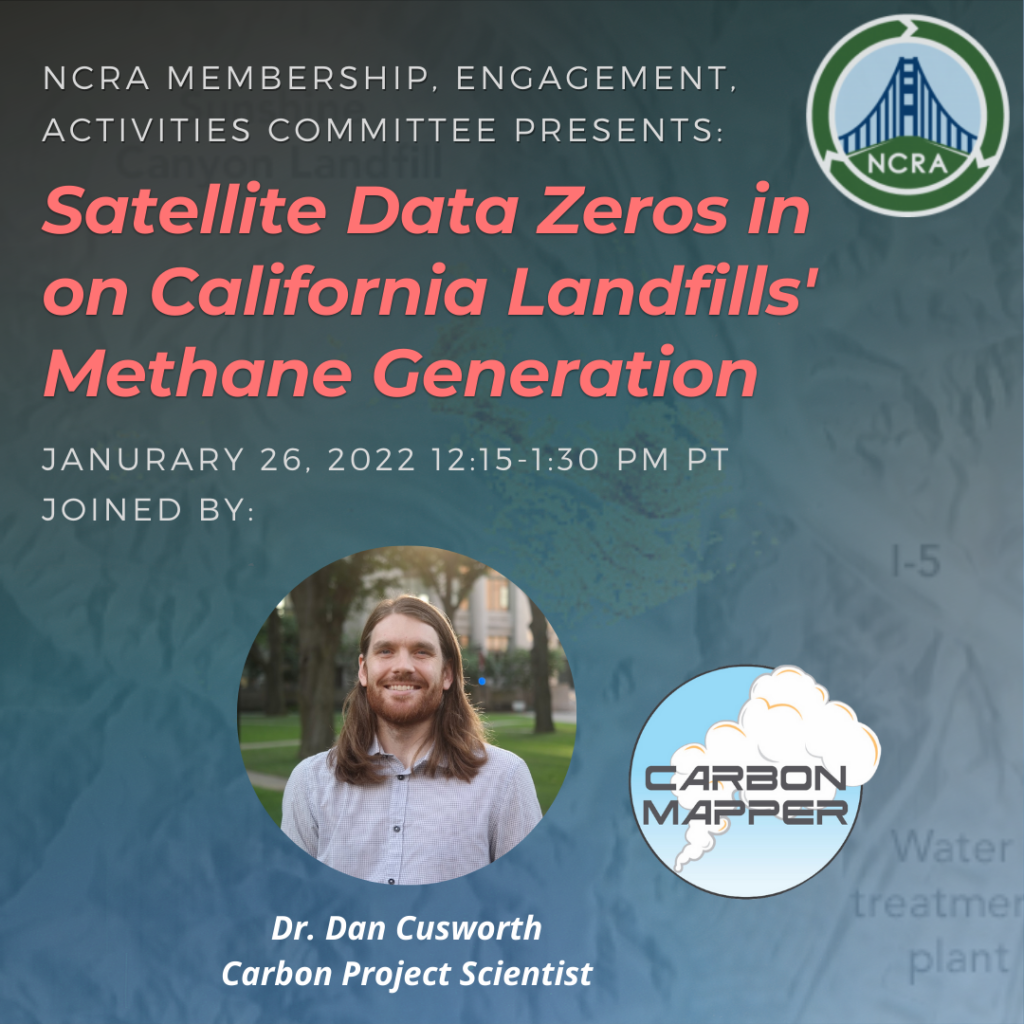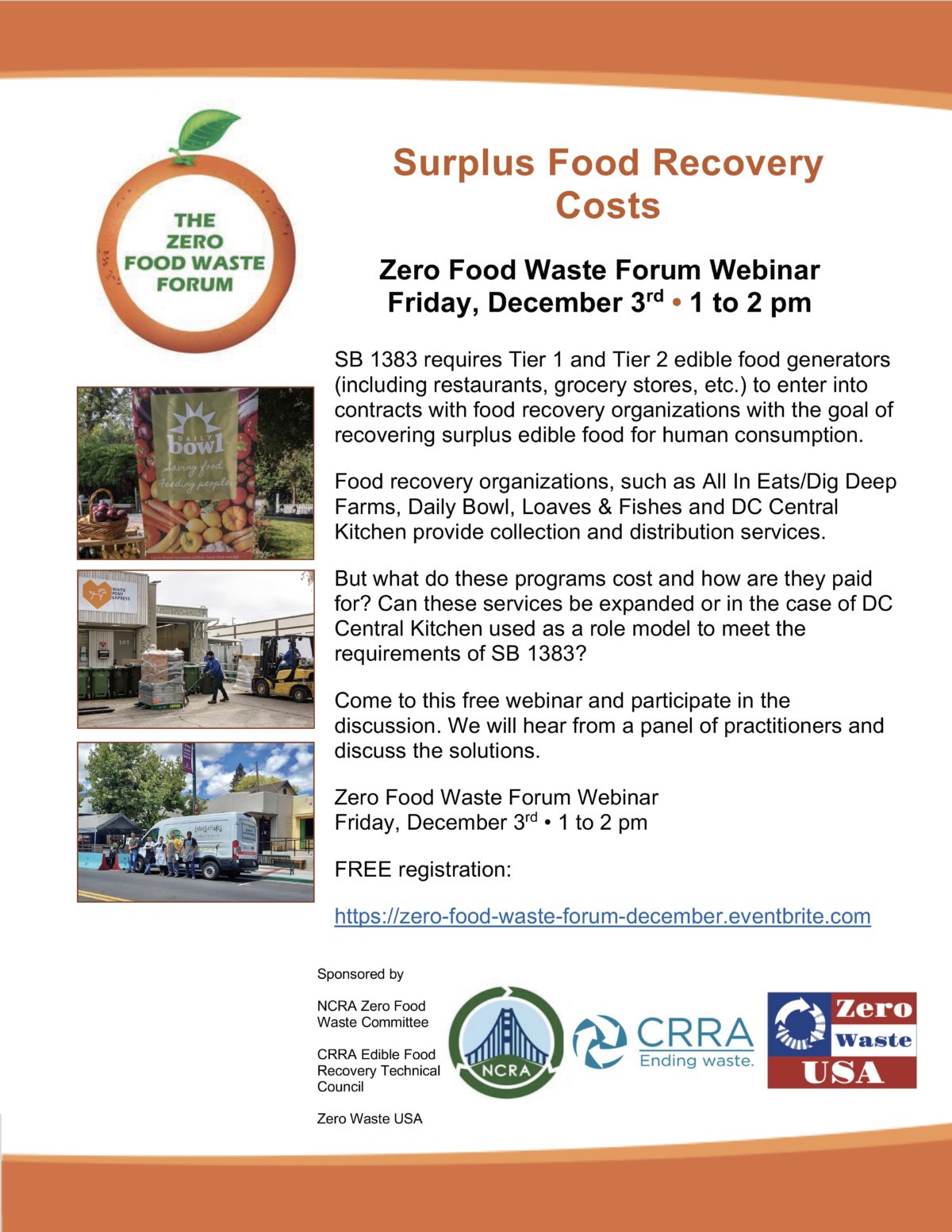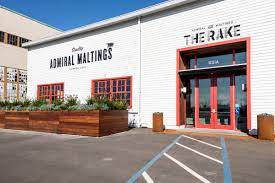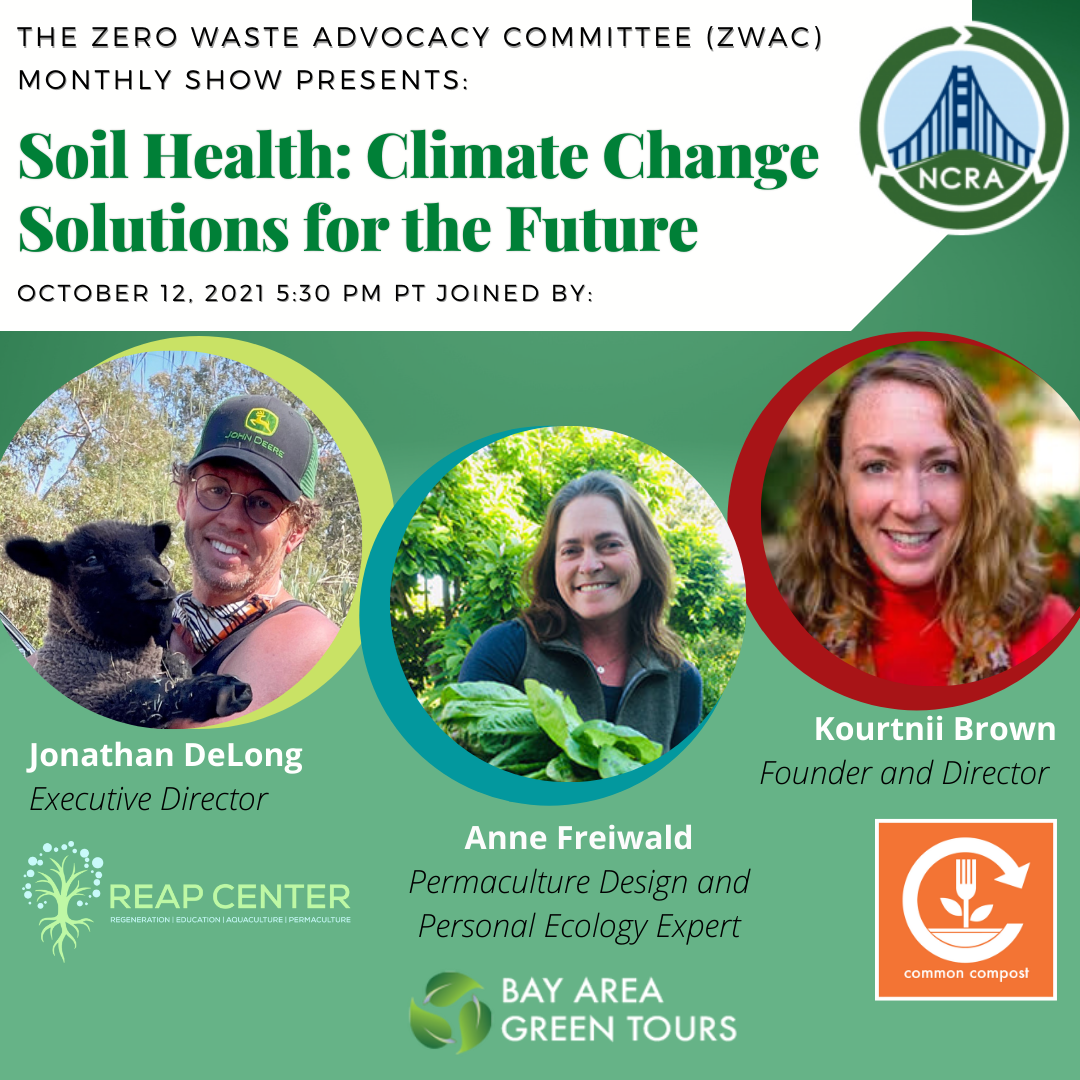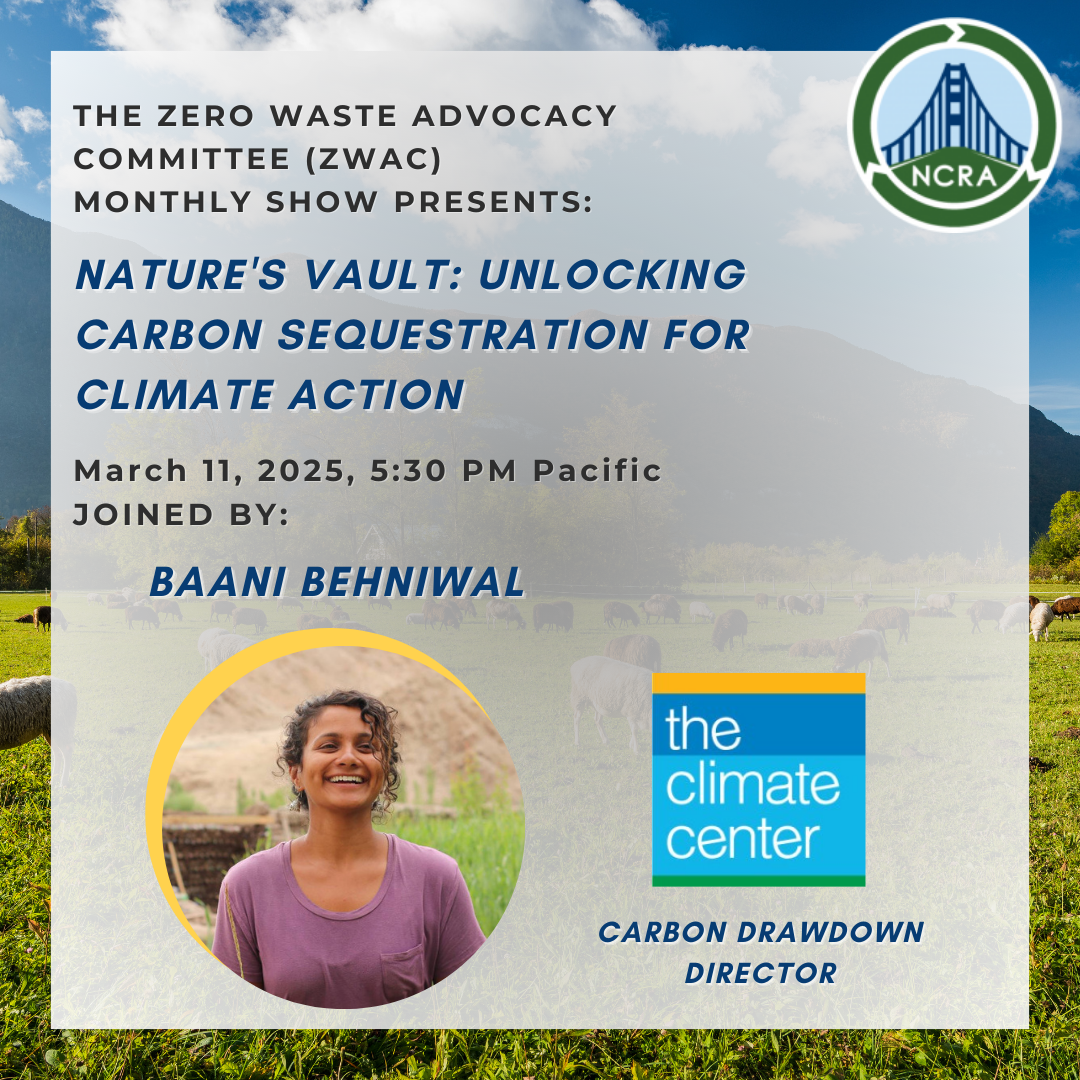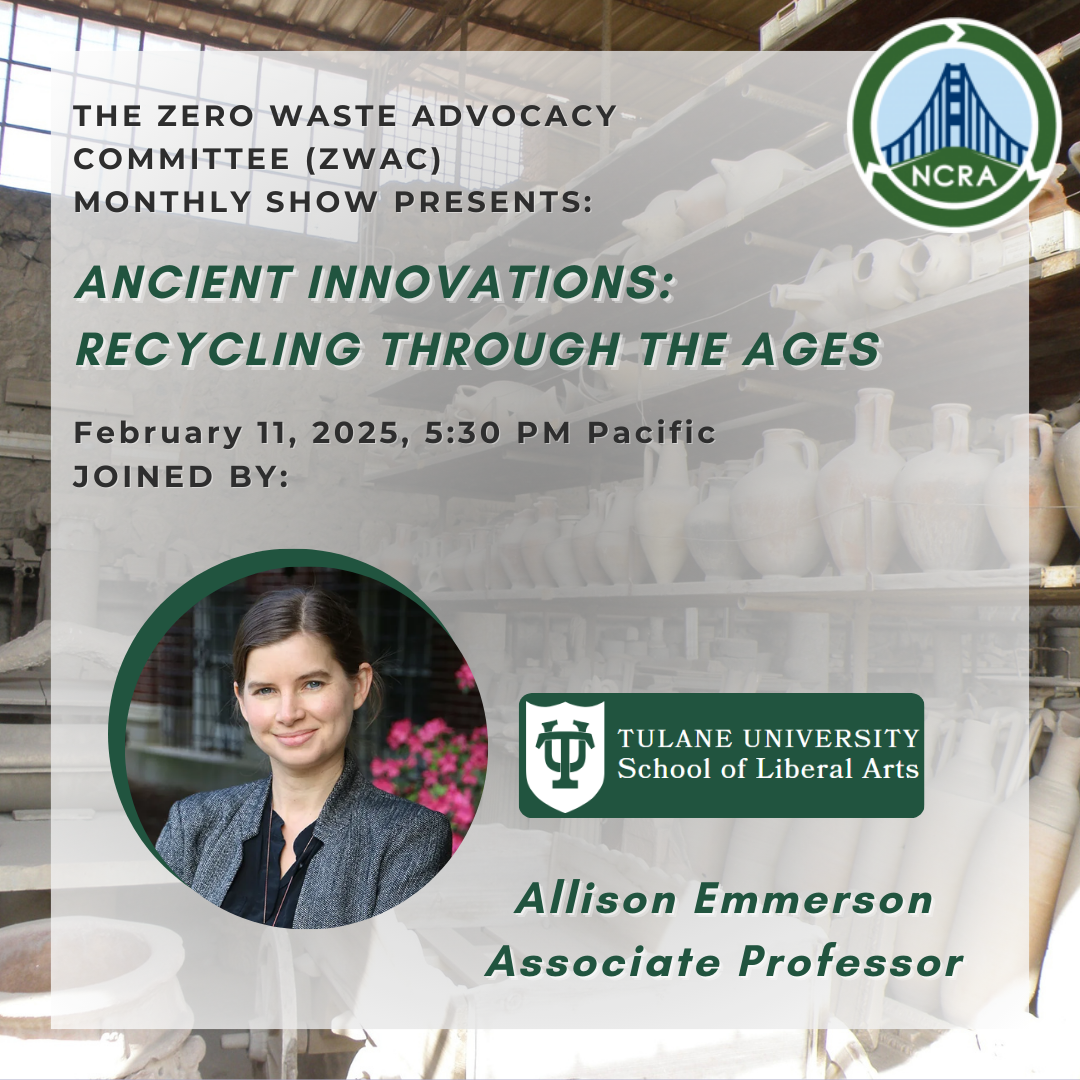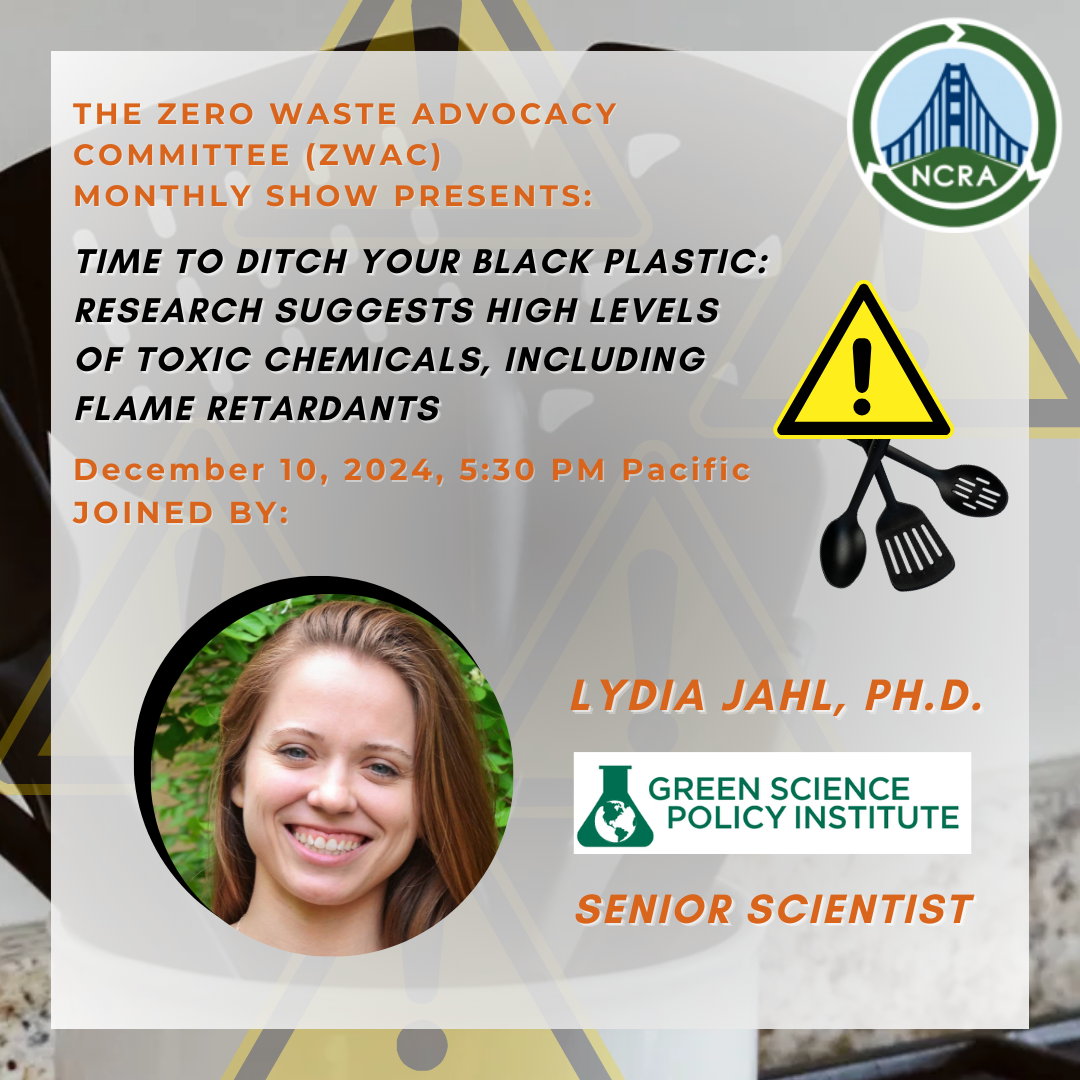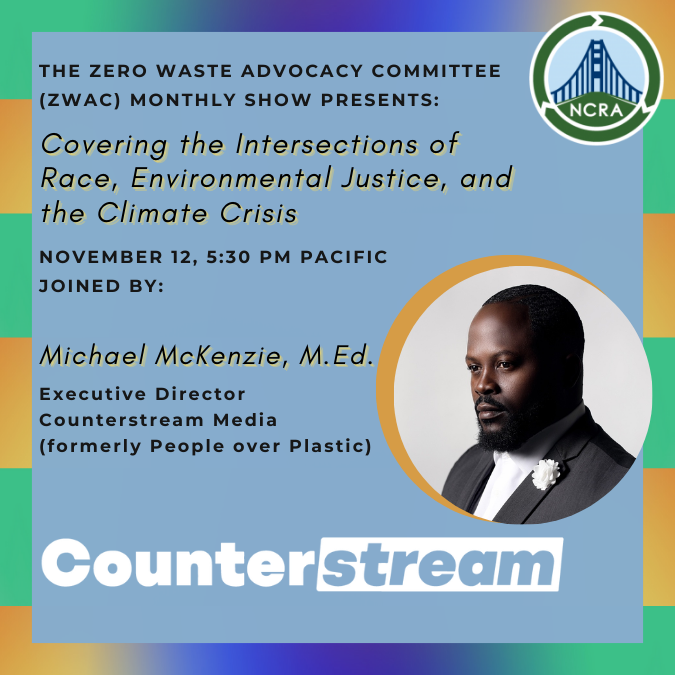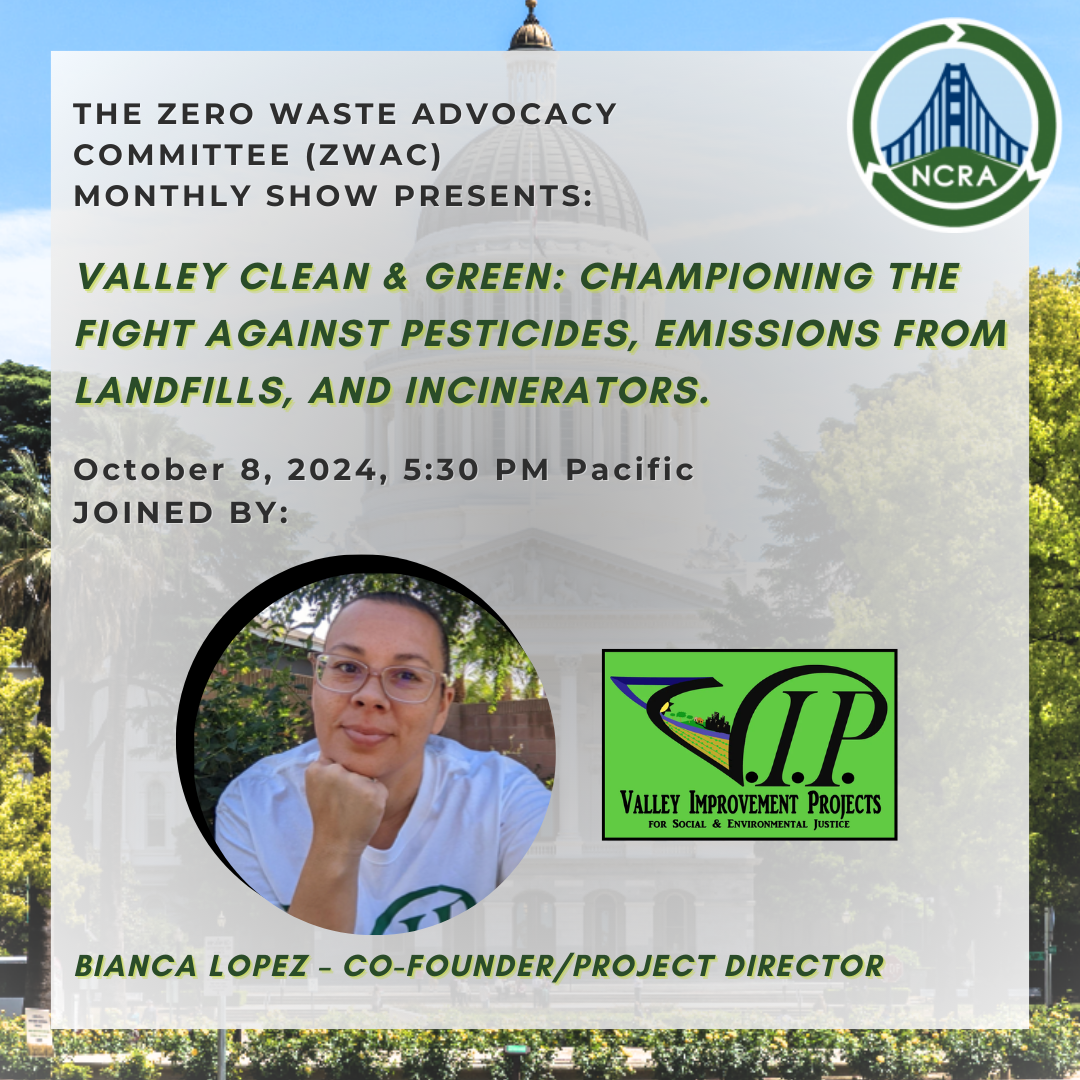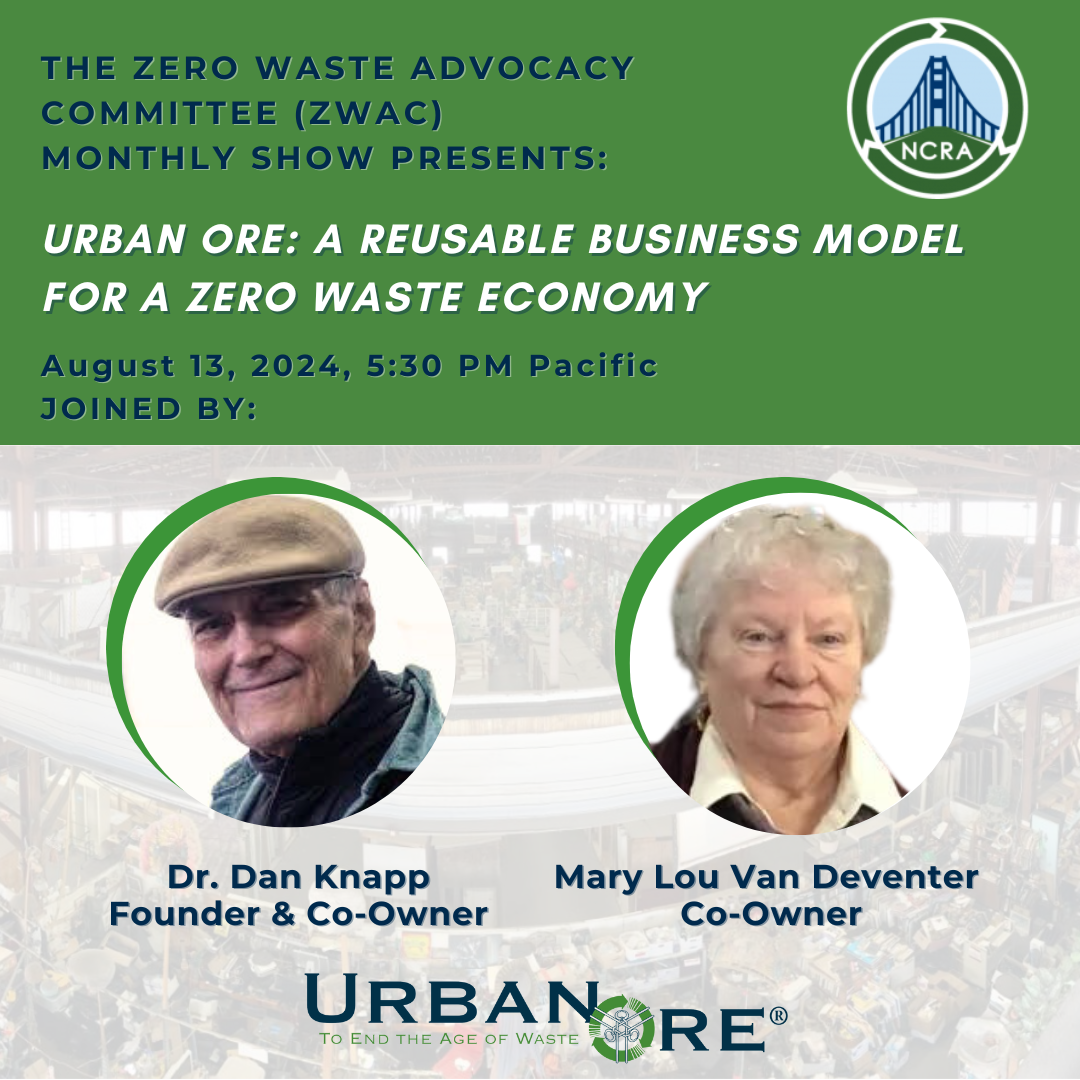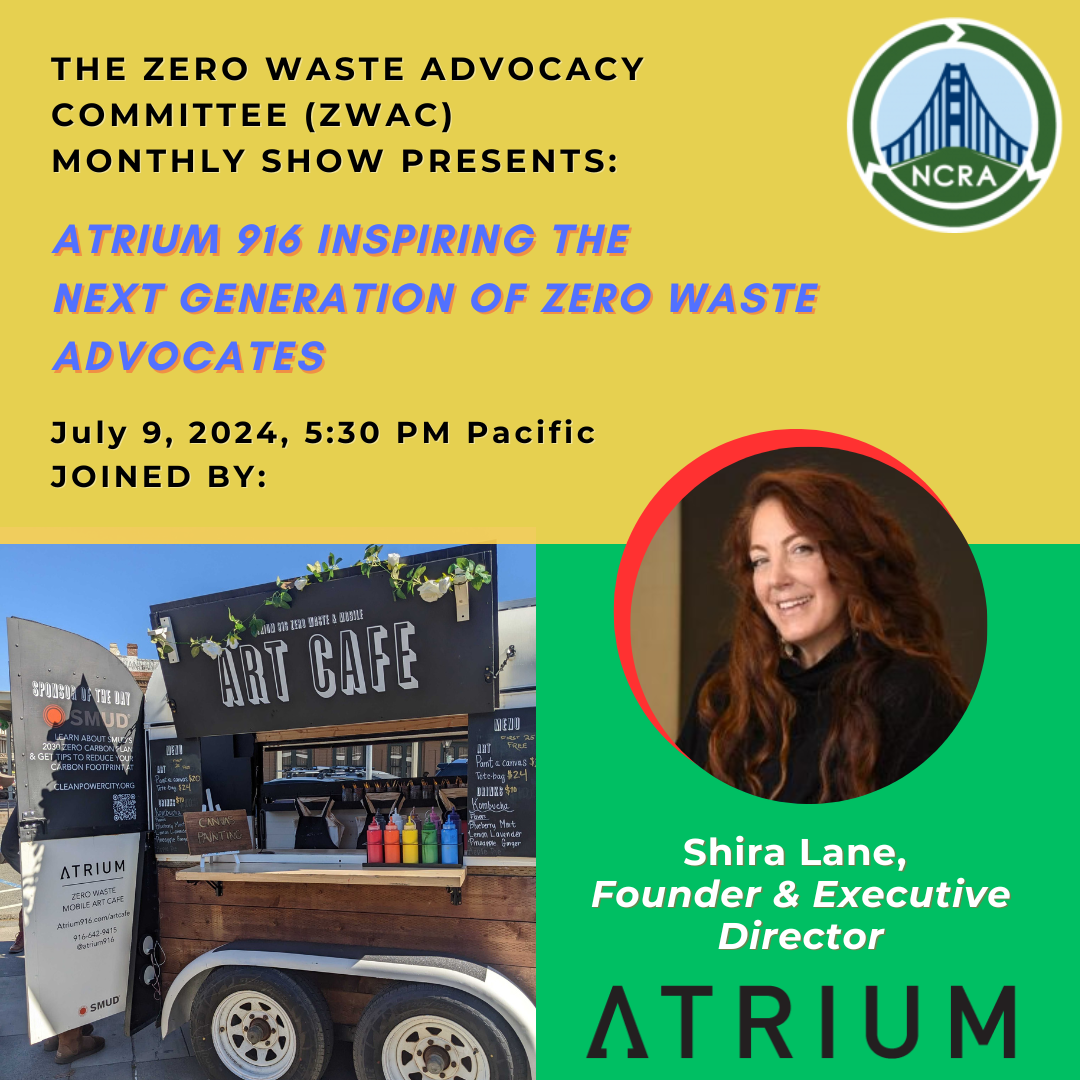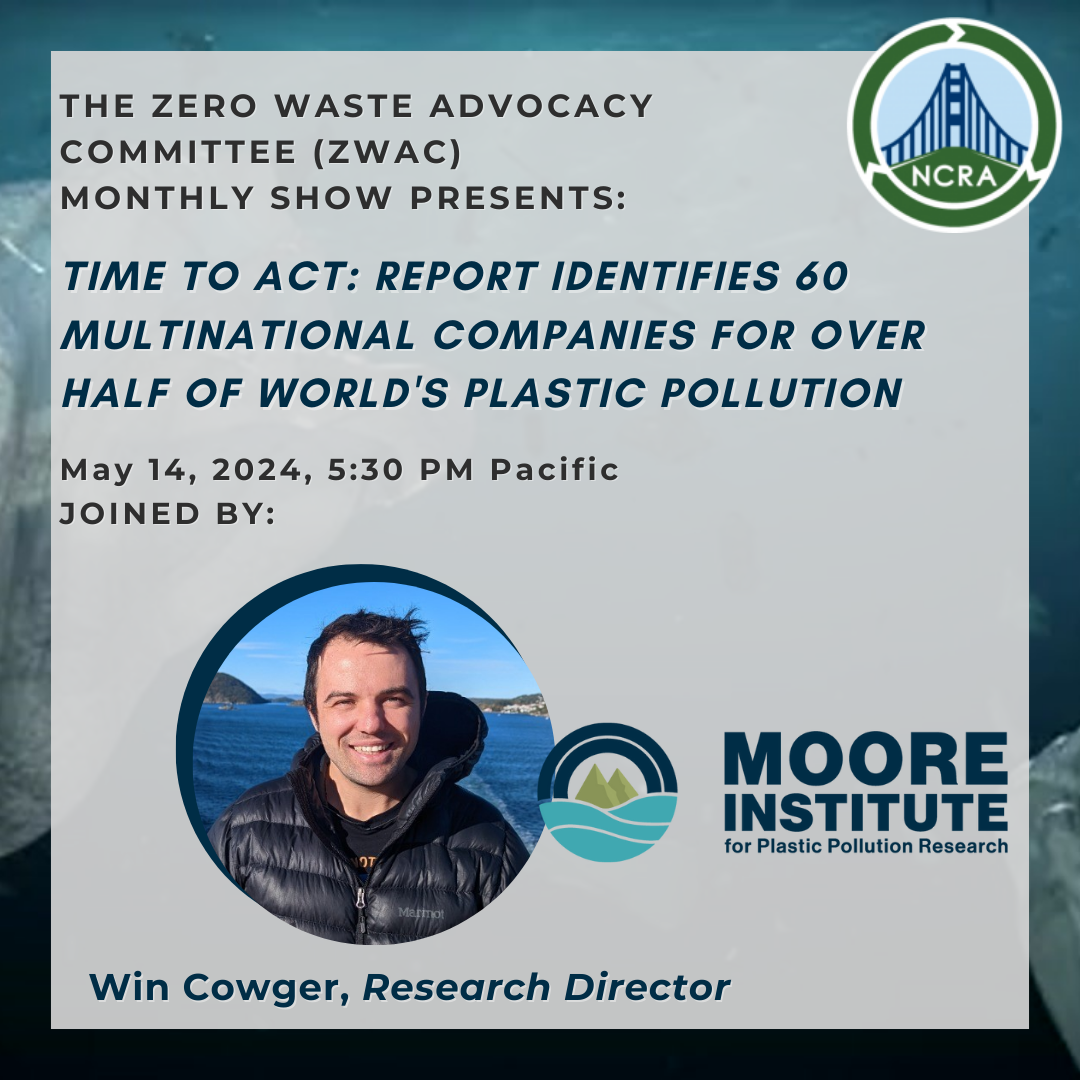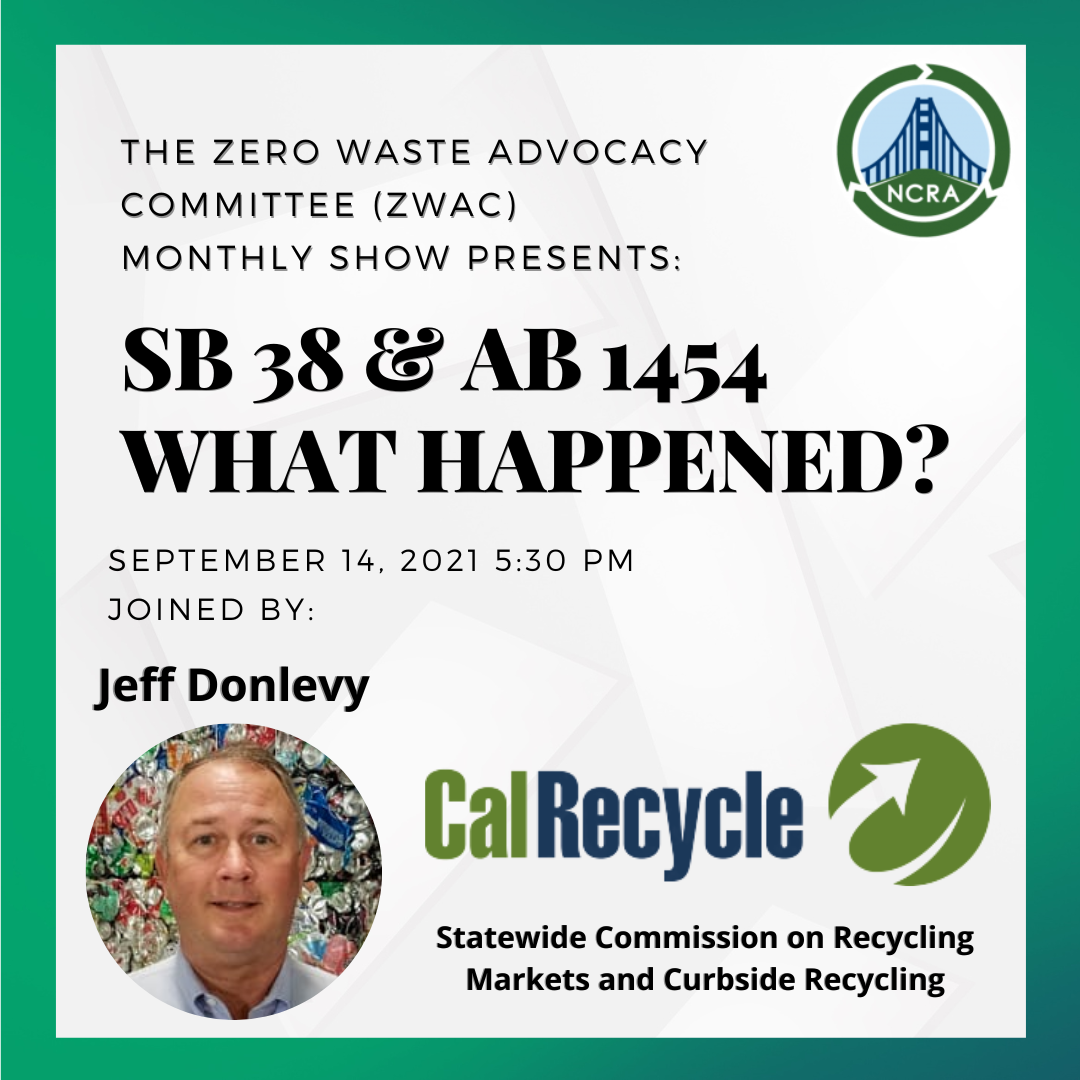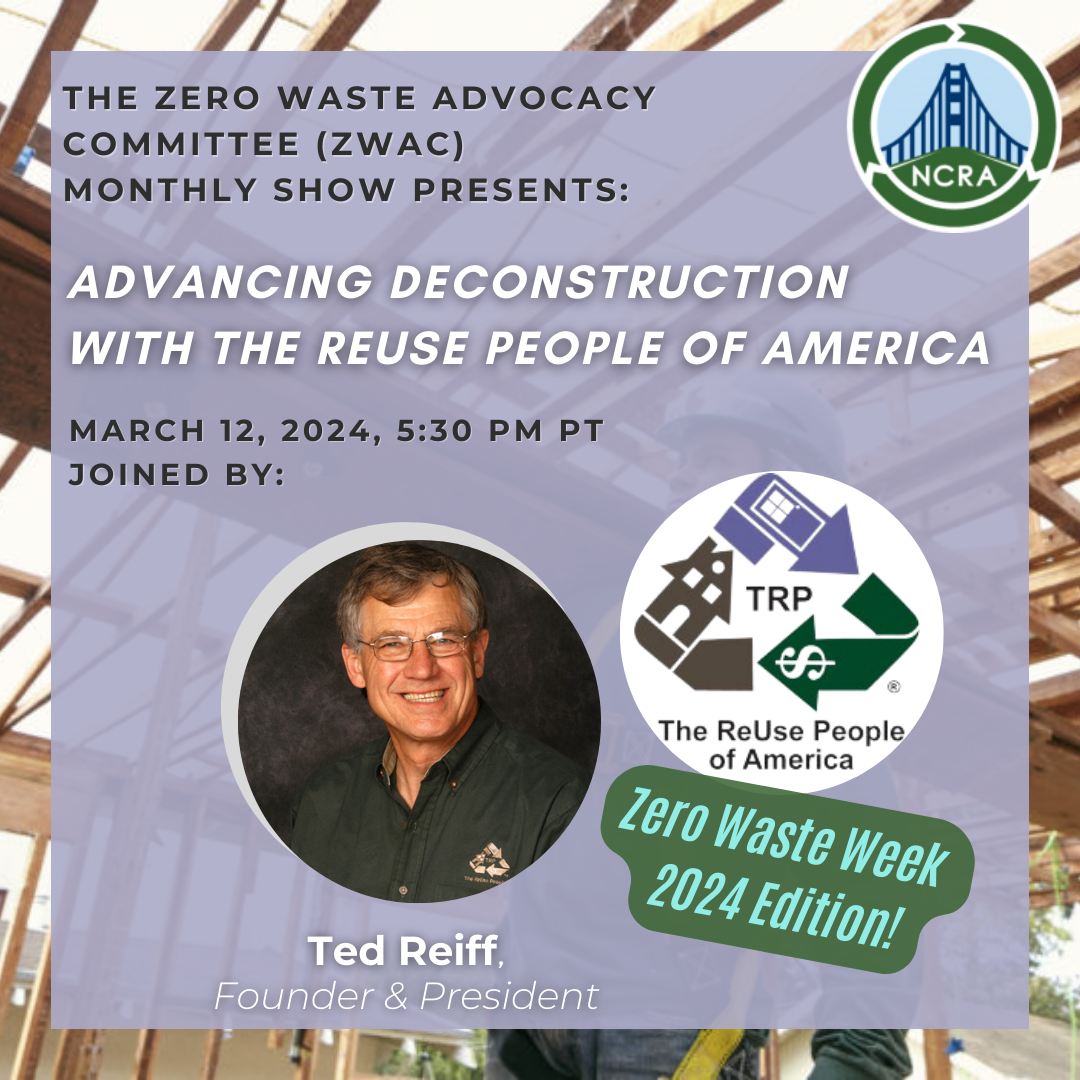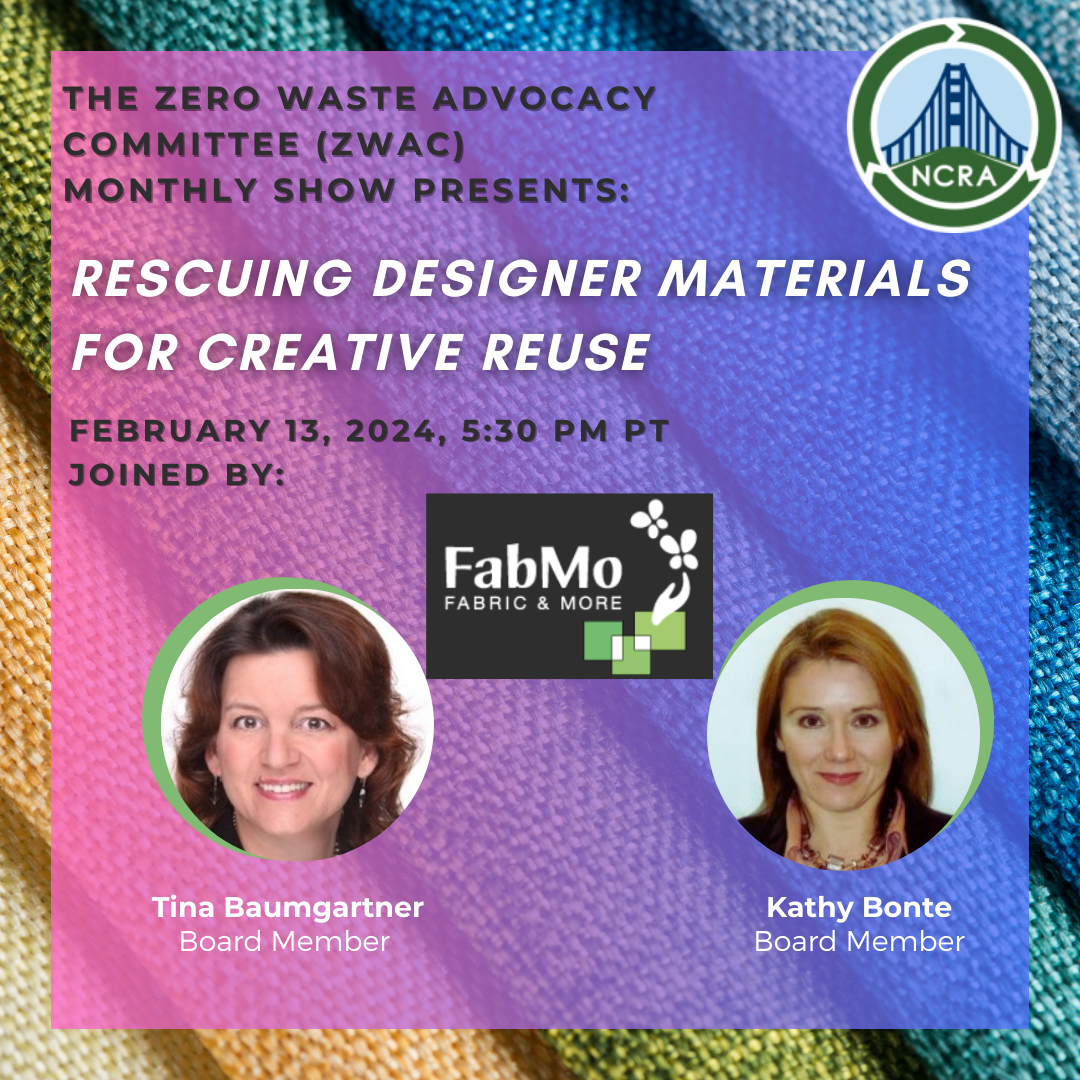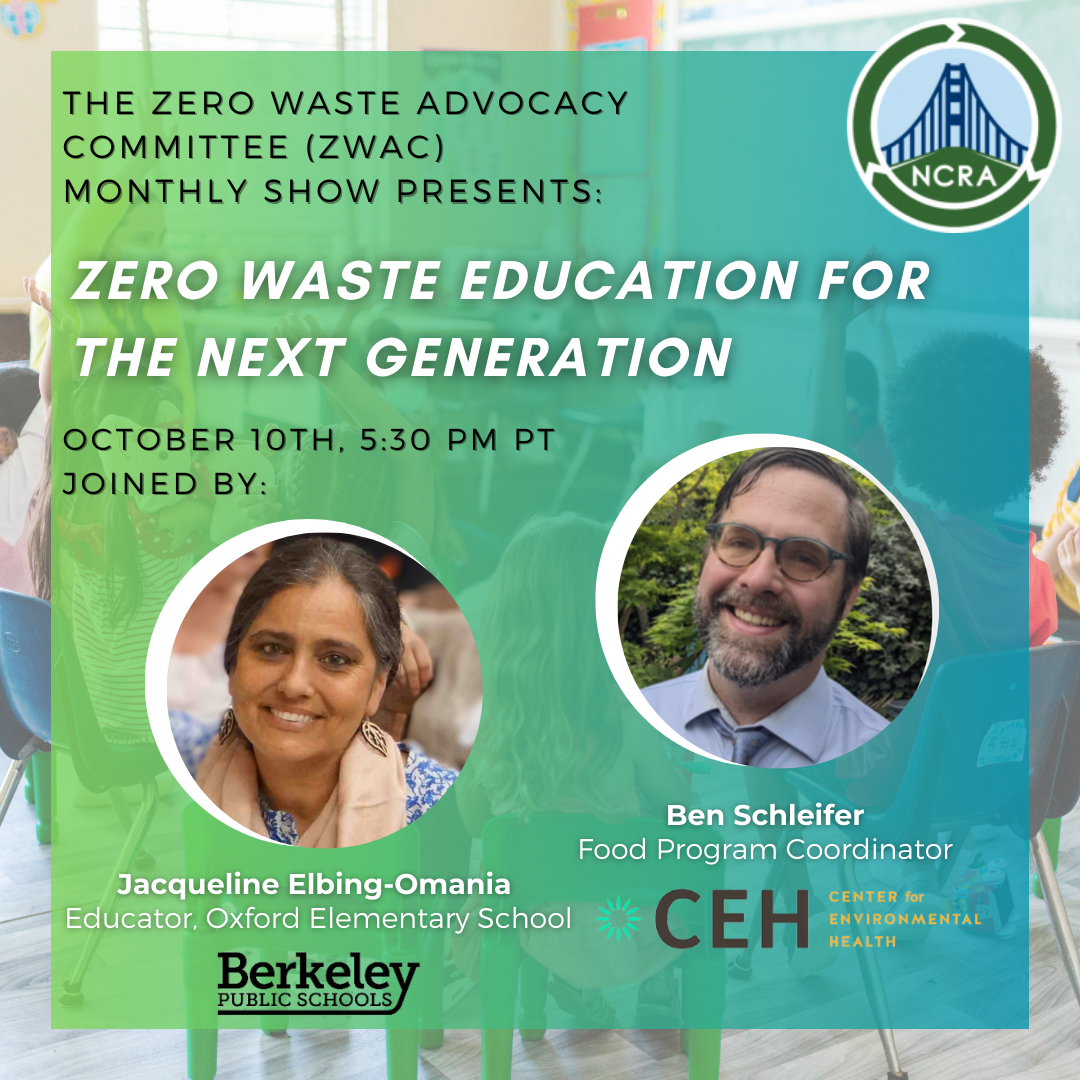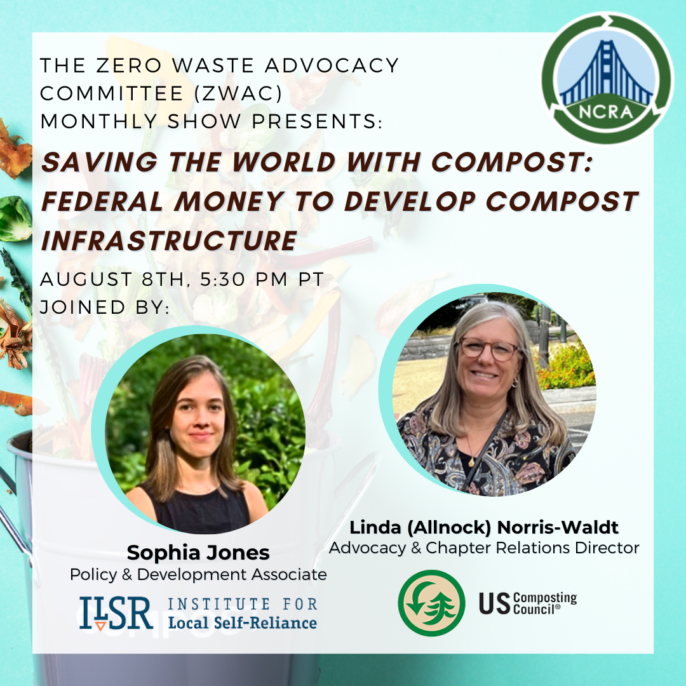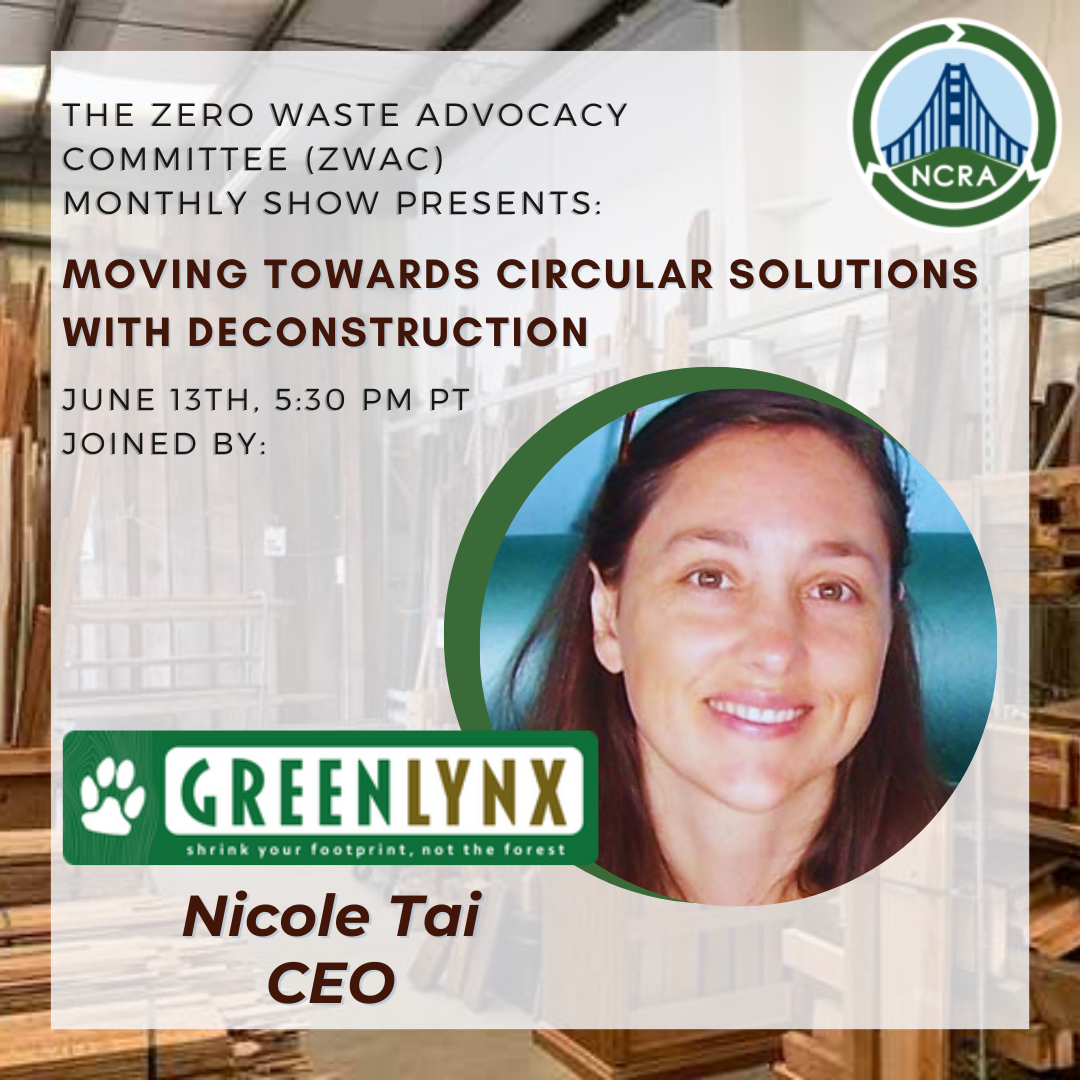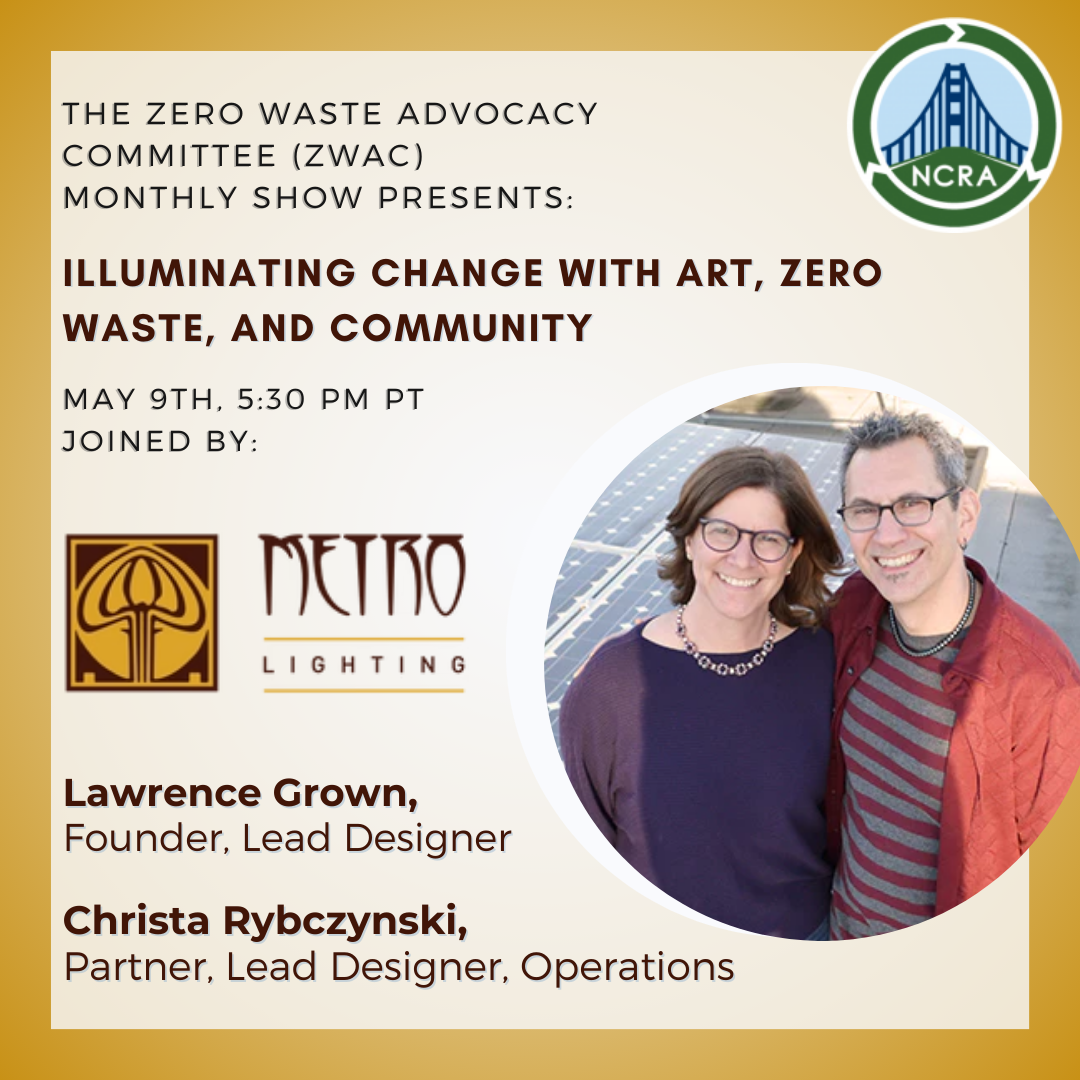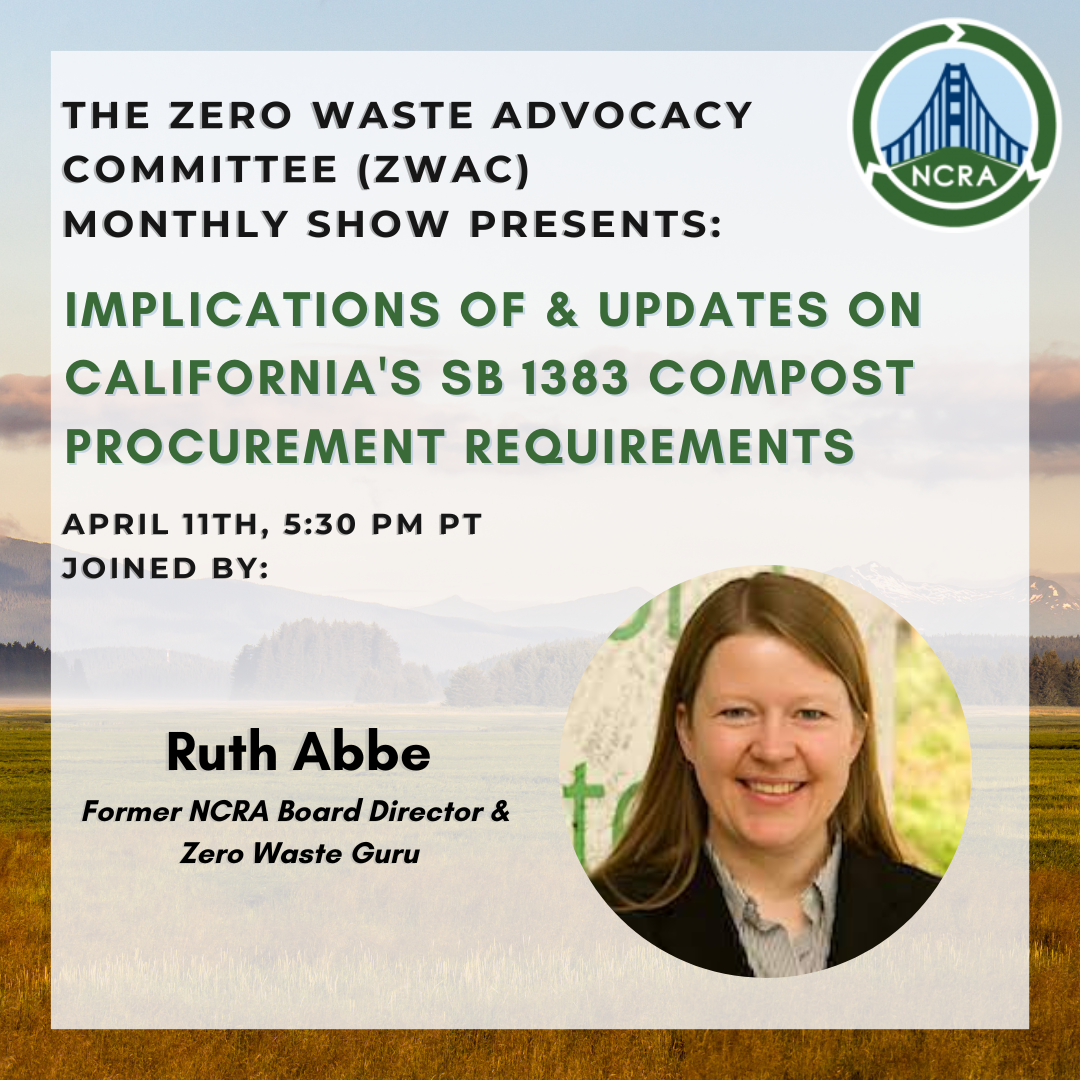Category: Activities
Surplus Food Recovery Costs, 12/21
Green Drinks & Treats @ The Rake
GR E E N D R I N K S
O R T R E A T S!!!!
GREEN DRINKS OR TREATS
WEDNESDAY, OCTOBER 27, 6:00PM
Costumes encouraged!
First drinks or treats on NCRA!
The Rake @ Admiral Maltings
651 W Tower Ave, Alameda
Non-members, $10 donation requested via PayPal
Come to the Fall Gathering
RECYCLING UPDATE 2021
POSTPONED TO MARCH 2022!
Come to the 10/21 Zooooom Membership Meeting instead!
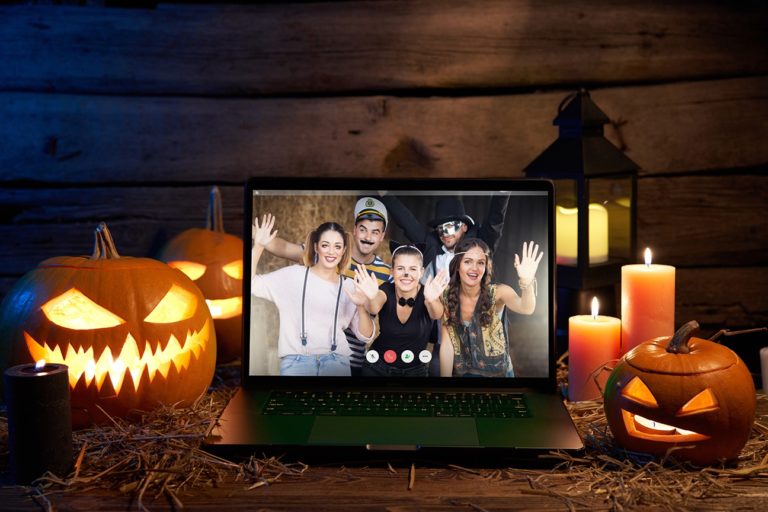
S P E C I A L M E M B E R S H I P M E E T I N G
THURSDAY, OCTOBER 21
6:30 – 8:30PM
With special guests and songs!
Costumes welcome!
Contact the office for the Zoom Invite!
All welcome! Do not need to be a member to attend!
Membership expired or expiring soon? Renew here!
Proposed Agenda
6:30pm Introductions
7:00pm Legislative Update
7:10pm Zero Waste Schools Committee update plus Speaker
7:25pm Sing-along!
7:45pm Zero Food Waste Committee update plus David Hott, Director Of Operations, Loaves & Fishes Family Kitchen, San Jose CA
8:00pm Open Discussion
Climate Change Solutions for the Future, 10/21

Contact NCRA to learn more about ZWAC and get involved https://ncrarecycles.org/about/contact/

